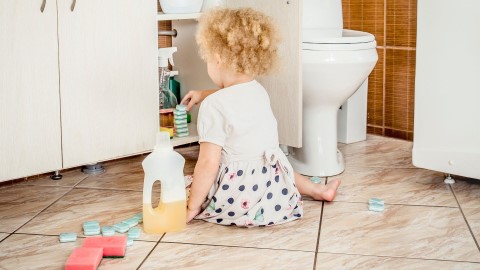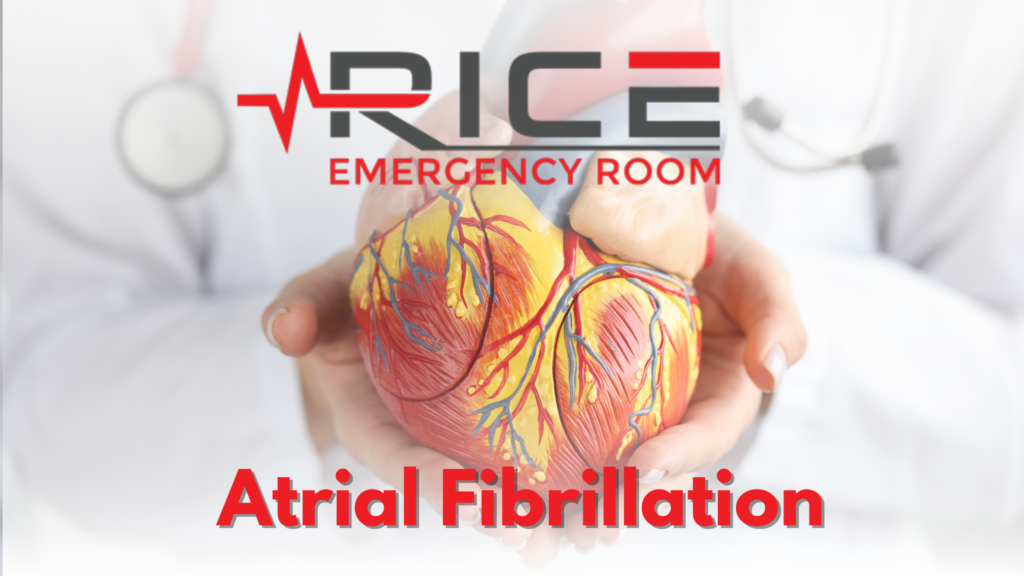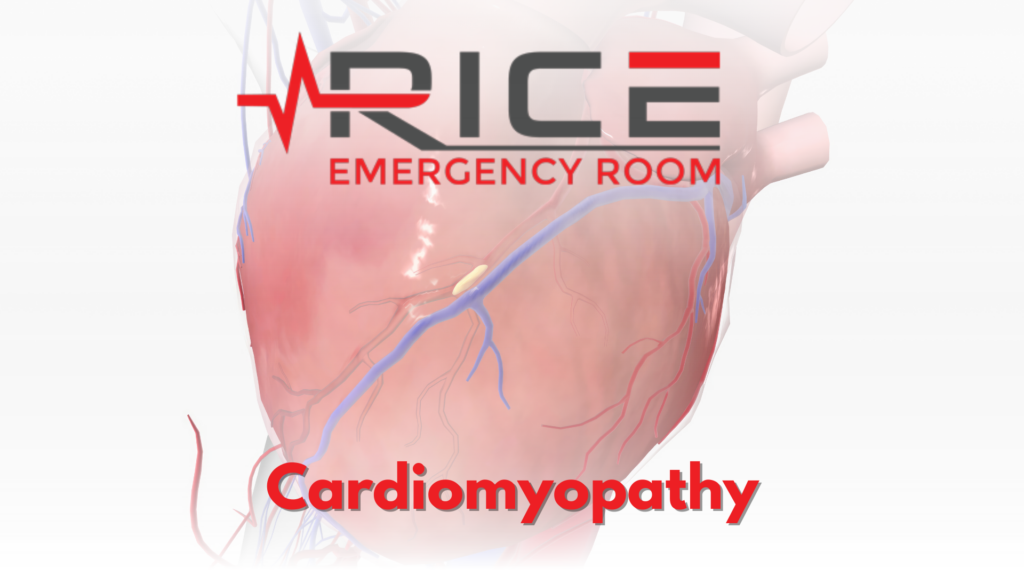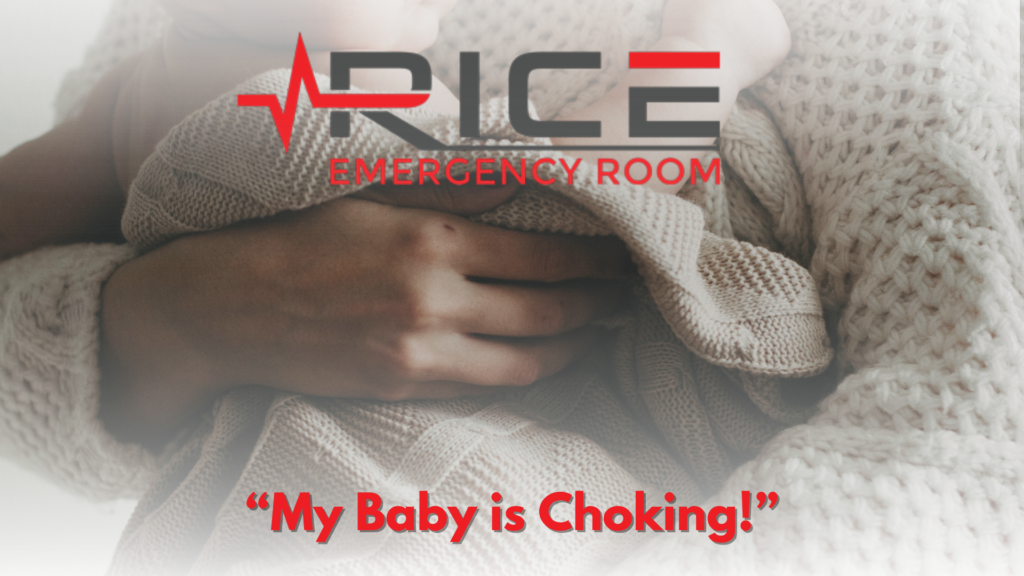Poisoning Prevention creates an important child safety reminder and is a paramount concern for parents and caregivers. One significant but often overlooked threat is poisoning, which can lead to severe health consequences or even be fatal. It is crucial for parents to be aware of potential hazards and take proactive measures to safeguard their homes. Let’s explore the various aspects of poisoning prevention and child safety, drawing insights from reputable sources.
Understanding the Risks
Poisoning can occur in various ways, from accidental ingestion of household chemicals to exposure to medications or plants. Children under the age of six are at the highest risk of accidental poisoning, as they tend to explore their surroundings by putting objects in their mouths. The importance of understanding these risks cannot be overstated, as prevention plays a pivotal role in ensuring the well-being of our little ones. (Harvard Health)
Securing Household Chemicals
Household chemicals are among the leading causes of accidental poisoning in children. It is imperative to store these substances out of reach and sight of children. Parents should lock up all potentially harmful products, such as cleaning supplies, medications, and laundry detergents, in cabinets with child-resistant locks. Additionally, ensuring that these products are in their original containers with clearly labeled instructions helps minimize the risk of confusion. (Safe Kids)
Educating Children on Poison Safety
While securing household items is essential, educating children about poison safety is equally vital. Teaching kids about the dangers of consuming unknown substances and emphasizing that only adults should dispense medications can be highly effective. This knowledge empowers children to make safer choices and reduces the likelihood of accidental ingestion. (HealthyChildren.org)
Proper Medication Storage and Disposal
Safe storage and disposal of medications are critical components of poisoning prevention. Harvard Health Blog recommends keeping medications in child-resistant containers and storing them in a location that is out of reach for children. Unused or expired medications should be promptly discarded, and using community take-back programs or drug disposal pouches for safe disposal is recommended. (Safe Kids Organization)
Plant Safety in the Home
Plants, while adding aesthetic appeal to our homes, can pose a risk to children if they are toxic. Experts emphasize the importance of being aware of the plants in and around the home and removing any that could be harmful. Parents should familiarize themselves with common toxic plants and choose non-toxic alternatives for indoor and outdoor landscaping. (HealthyChildren.org)
Safe Storage of Batteries
Batteries, particularly button batteries, can cause severe injuries if ingested. Parents should ensure that all batteries are securely stored out of reach and that battery compartments on devices are adequately secured. In addition, parents are advised to check for loose batteries in children’s toys and replace them promptly. (KidsHealth)
Emergency Preparedness
Despite our best efforts, accidents can still happen. It is crucial to be prepared and know what to do in case of a poisoning emergency. Have the Poison Control Center number (1-800-222-1222) saved in your phone and posted near your home phone. Parents should also be aware of the signs of poisoning, such as vomiting, difficulty breathing, or confusion, and seek immediate medical attention if these symptoms occur. (Harvard Health)
Ensuring the safety of our children requires a multifaceted approach, and poisoning prevention is a crucial aspect of childproofing our homes. By understanding the risks, securing household items, educating children on poison safety, and being prepared for emergencies, parents can significantly reduce the likelihood of accidental poisonings. Let us commit to creating a safe and nurturing environment for our children, where they can explore and thrive without unnecessary risks.
When to Head to the ER
Remember, if you suspect your child has ingested poison or is unwell, seek professional medical advice promptly to ensure the best possible care for your little one. Rice Emergency Room, with our 24/7 X-ray and CT diagnostics, plays a pivotal role in ensuring that children receive prompt and accurate medical attention.
Works Cited
Claire McCarthy, MD. “How to Prevent Poisonings in Children – and What to Do If They Happen.” Harvard Health, 19 Mar. 2019, www.health.harvard.edu/blog/how-to-prevent-poisonings-in-children-and-what-to-do-if-they-happen-2019031916230.
“Poison.” Safe Kids Worldwide, www.safekids.org/poisonsafety.
“Poison Prevention and Treatment Tips for Parents.” HealthyChildren.Org, www.healthychildren.org/English/safety-prevention/all-around/Pages/Poison-Prevention.aspx. “Preventing Poisoning (for Parents) – Nemours Kidshealth.” Edited by Yamini Durani, KidsHealth, The Nemours Foundation, July 2023, kidshealth.org/en/parents/safety-poisoning.html.




